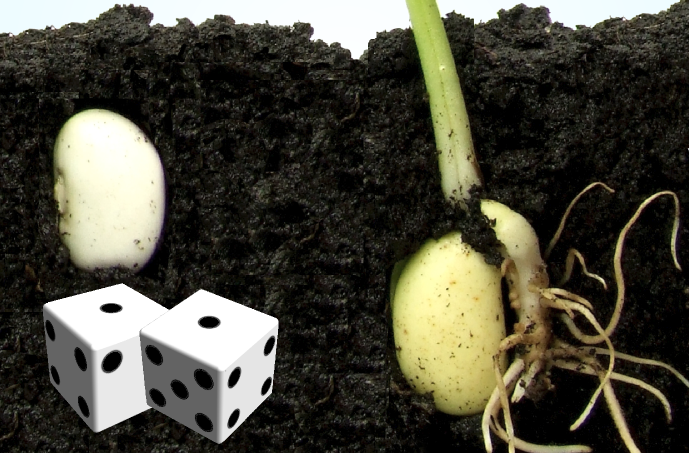
Plants have their seeds germinate at different times
Researchers may have found a way to control the random germination that occurs as a protective measure in plants.
Plants “hedge their bets” and have their seeds germinate at different times. It’s part of the unavoidable, random nature of biochemical processes in cell biology.
Germinating at different times is meant as a preemptive guard against environmental challenges that plants can face.
While helpful for the plants, this gambling approach to germination can be problematic for farmers who want uniform fields of crops.
The new research could help aid the agricultural industry and reduce the varying germination times.
The study was conducted by researchers from the University of Birmingham and was published in the Journal of The Royal Society Interface.
The researchers focused on stochasticity in the thale cress plant in order to identify and analyze the circuitry in plant cells that control random germination.
Hormone levels are difficult to observe in plant embryos so the researchers had to use mathematical modeling to predict different biological processes in the thale cress.
“It’s really this interface of biology with maths that lets us understand and predict the processes generating variability in plant cells,” said Iain Johnston, from the School of Biosciences at the University of Birmingham.
By better understanding the inner workings of the plants, the researchers were able to determine potential ways for reducing this variability.
The results could help create uniformity in crops and aid in future global food security challenges.
“Our identification of this variability-generating circuit provides the opportunity to synchronize and enhance future agricultural production,” said George Bassel, a co-author of the study.
—
By Kay Vandette, Earth.com Staff Writer
Image Credit: Iain Johnston












